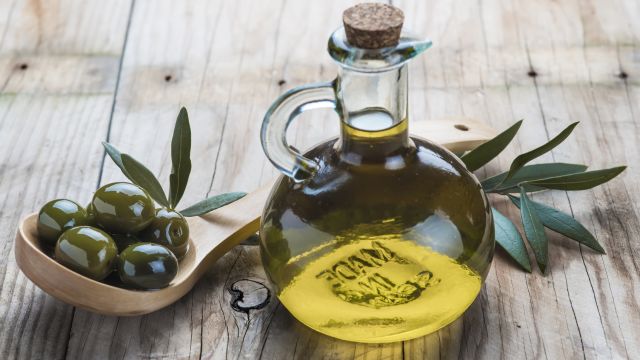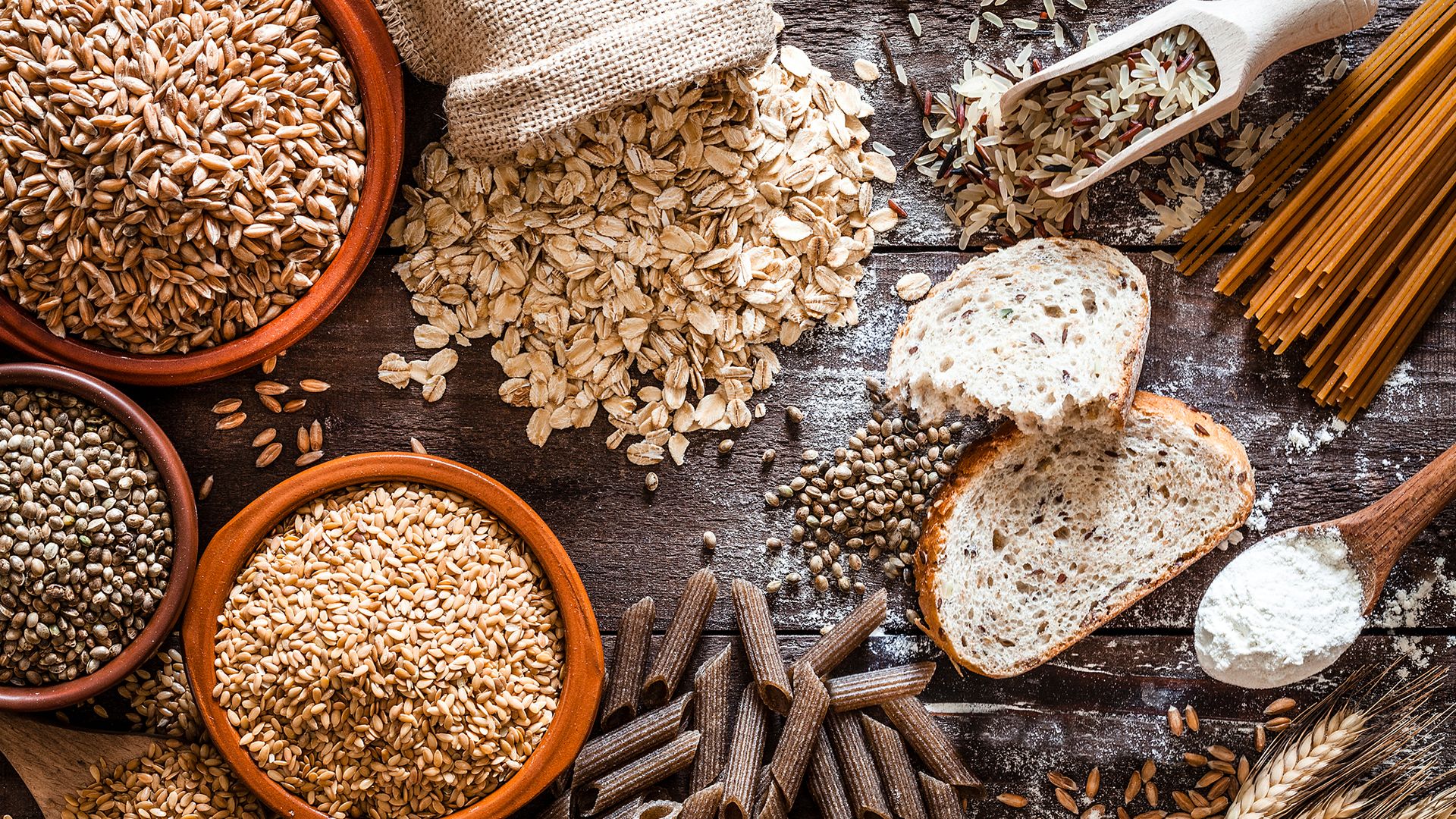Updated on July 13, 2023
If you're living with an inflammatory condition like arthritis—or just looking to improve your overall well-being—you might want to consider adding olive oil to your diet. Olive oil is central to healthy eating patterns like the Mediterranean Diet, and it’s well-known for its ability to reduce inflammation throughout the body, among other potential benefits.
Anti-inflammatory compounds
The key anti-inflammatory components in olive oil are polyphenols, micronutrients that are also found in abundance in green tea, red fruits, coffee, and certain vegetables. Polyphenols are strong antioxidants that help reduce cellular damage in the body and keep inflammation at bay.
Of the estimated 30 polyphenol compounds found in olive oil, one in particular may contribute an outsized share to its anti-inflammatory and antioxidant power. That compound is oleocanthal, which has been identified as contributing to extra-virgin olive oil’s unique tangy, peppery flavor. Some research has shown that oleocanthal can reduce production of certain inflammatory enzymes in the body (known as COX-1 and COX-2) in a way similar to the function of the anti-inflammatory drug ibuprofen.
A heart-healthy drizzle
The benefits of olive oil don't stop there. Healthy diets that include olive oil may also lower levels of low-density lipoprotein (LDL, aka “bad” cholesterol) and increase levels of high-density lipoprotein (HDL, or “good” cholesterol).
A diet high in polyphenols can also help reduce the risk of a number of diseases. In addition to heart disease, these include osteoporosis, diabetes, and certain types of cancer and brain disease. In some of these cases, the polyphenols might even help as part of an overall treatment plan.
As an added bonus, if you swap out unhealthy fats like butter for olive oil, you're significantly cutting down on the amount of saturated fat in your diet. That's a win, because saturated fats have been shown to contribute to a wide range of health problems. They’re connected to increases in LDL, which heightens risk of heart disease. Saturated fats are also linked to pain conditions, like chronic spinal pain and inflammatory pain.
"Olive oil should be the principal oil in your diet—and luckily, it's a delicious one," says registered dietitian Janis Jibrin, MS, RD. "It's composed mainly of heart-healthy monounsaturated fat, plus antioxidant polyphenols."
How should you eat olive oil?
To get the best health benefits from olive oil, it helps to know which kinds to choose and how to use it.
The first thing to consider is the type of olive oil, as there are several kinds available. The most beneficial for your health is likely the least processed type, known as extra-virgin olive oil (or EVOO). It often comes with a higher price tag, but it has the highest concentration of polyphenols and therefore the most powerful antioxidant, anti-inflammatory effect.
If you're on a tight budget, virgin olive oil is the second least-processed option, which makes it the next best choice. That said, almost all the available research on the health benefits of olive oil focus on the extra-virgin variety, so it’s not clear how the processing of other varieties affects their health benefits.
Once you've got your bottle in hand, it's easy to swap olive oil for others in your cooking. You can add it to pasta sauces, mix up your own salad dressing, or use it to sauté lean meats or vegetables. And you don’t need to use very much to start seeing the benefits.
One large 2022 study published in the Journal of the American College of Cardiology analyzed the health benefits of consuming olive oil across a range of intake levels, with the highest level of olive oil consumption as more than half a tablespoon per day. People who ate more than half a tablespoon per day (compared to those who rarely or never ate olive oil) had a 19 percent lower risk of death from heart disease, a 17 percent lower risk of death from cancer, and a 29 percent lower risk of death from neurodegenerative disease (like Alzheimer’s).
Though more is probably better—and people who follow heart-healthy Mediterranean eating styles might consume as much as 3 tablespoons or more per day—just remember not to go overboard if you are working on managing your weight. Olive oil, as nutritious and heart-healthy as it may be, is still a calorie-dense fat. One tablespoon contains 14 grams of fat and 126 calories.
The bottom line
Adding olive oil to your diet, especially extra-virgin olive oil, is a simple and delicious way to improve your health in a variety of ways. You may lower your risk of developing heart disease, diabetes, or even cancer by incorporating it into your diet. You don’t need very much, and there are a range of simple and nutritious eating plans you can try that incorporate olive oil into their recipes.






